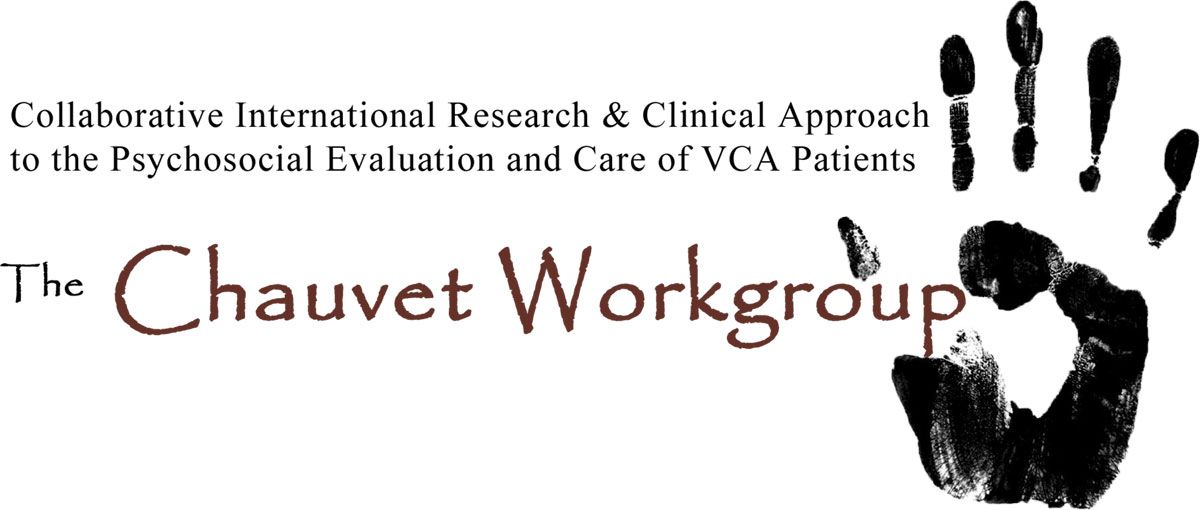Under the auspices for the IHCTAS (International Society on Hand and Composite Tissue Allotransplantation, a section of The Transplantation Society), a meeting was convened on March 21-22, 2014 in Paris to review the following areas that were deemed significant in the understanding of the psychosocial evaluation and outcomes of upper extremity transplant recipients: required domains of the evaluation, screening instruments, clinical monitoring pretransplant, clinical monitoring post-transplant, patient and team expectations, body image, psychiatric complications, functional goals and quality of life, ethics and media relations. Experts in the fields of psychiatry and psychology, transplantation, social work, ethics, and transplant administration met and reviewed center experiences and literature. The attendees highlighted the importance and the complexity of the psychiatric assessment in this field of transplantation. Moreover, the necessity to develop common instruments and evaluation protocols to predict psychosocial outcomes as well as to understand whether we are transplanting the right patients and how the transplantation is affecting the patients were pointed out. Psychiatric complications in upper extremity transplanted patients have been reported by the majority of teams. Pre-existing psychiatric difficulties, the initial trauma of amputation, or adjusting to the transplantation process itself (especially the medical follow-up and rehabilitation process) appeared to be important factors. Monitoring during the whole follow-up was recommended to detect psychiatric issues and to facilitate and ensure long-term adherence. The participants proposed an annual meeting format to build upon the findings of this inaugural meeting to be called the Chauvet Workgroup meeting.
The Chauvet 2014 Meeting Report: Psychiatric and Psychosocial Evaluation and Outcomes of Upper Extremity Grafted Patients has been published in Transplantation.
Click here to read...
